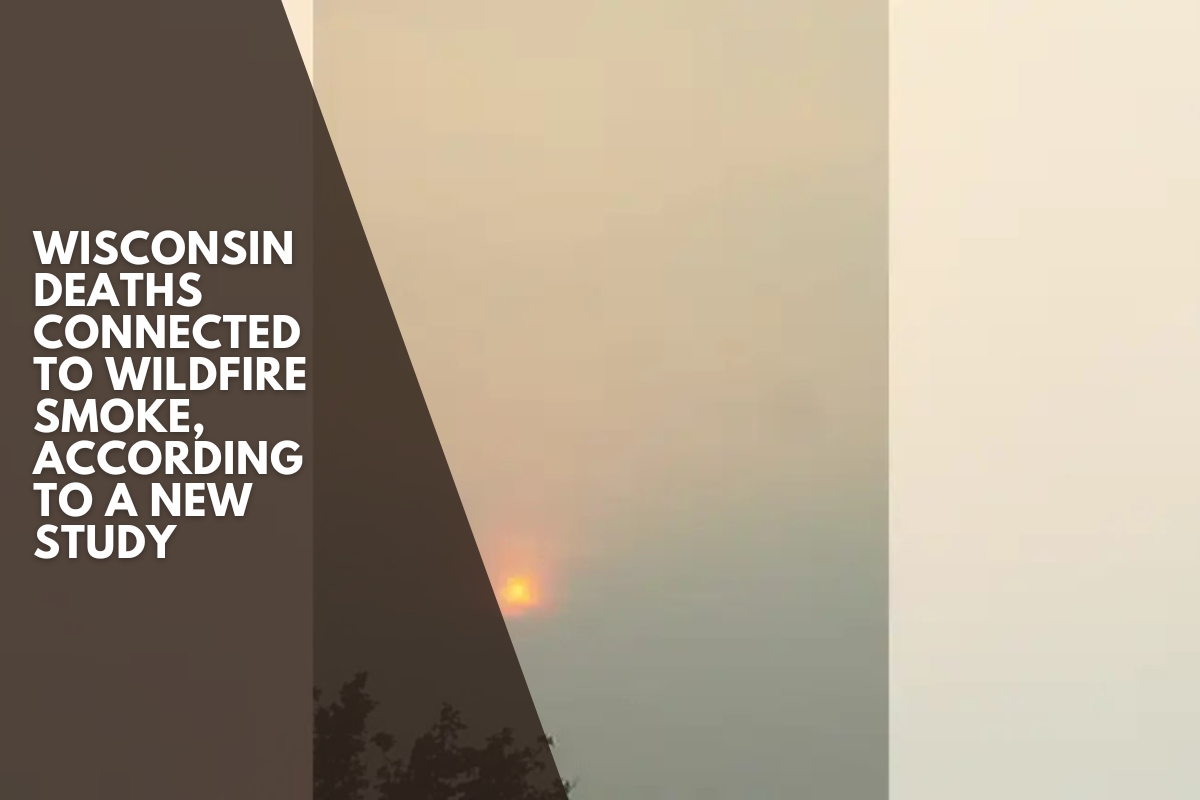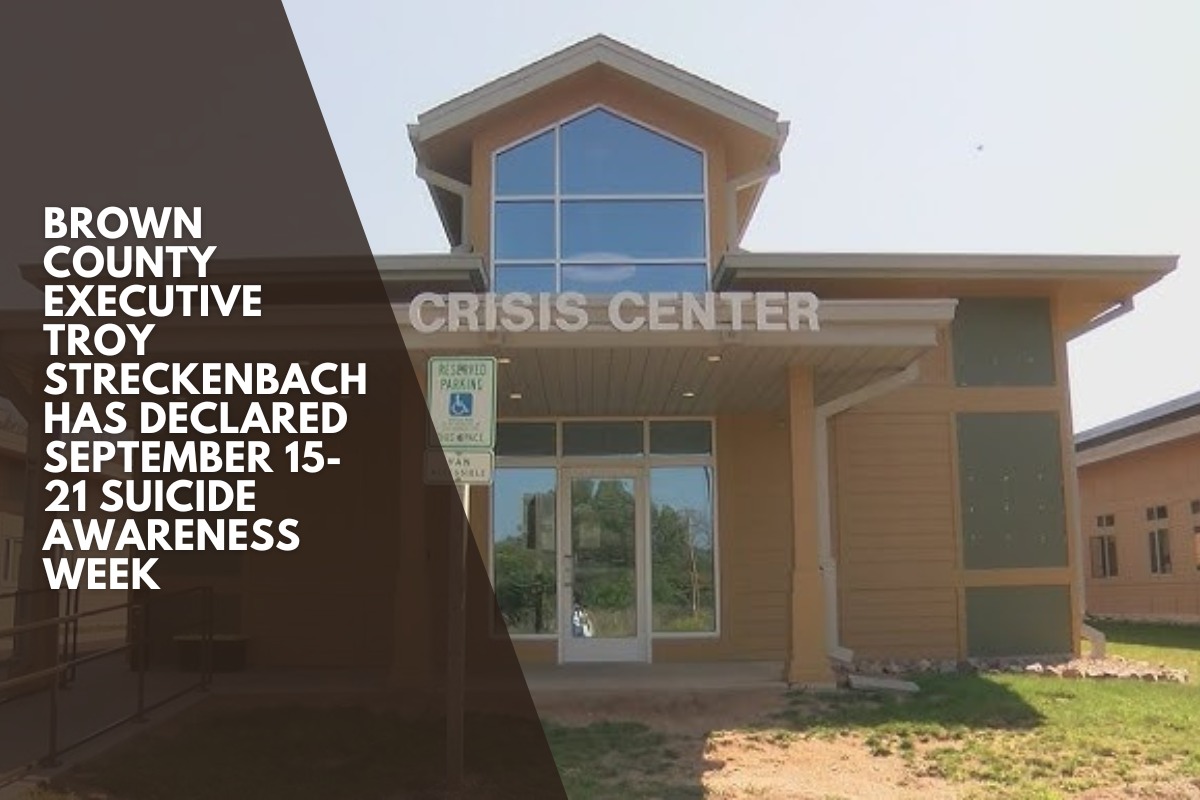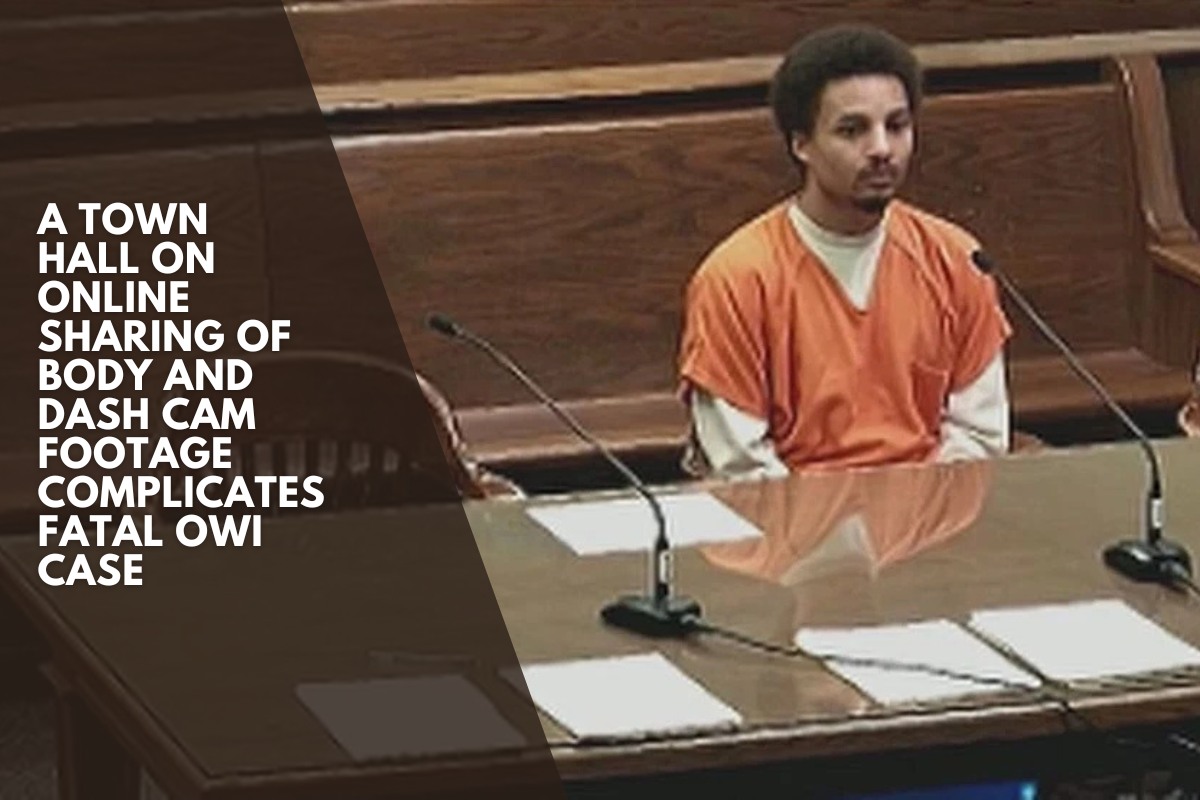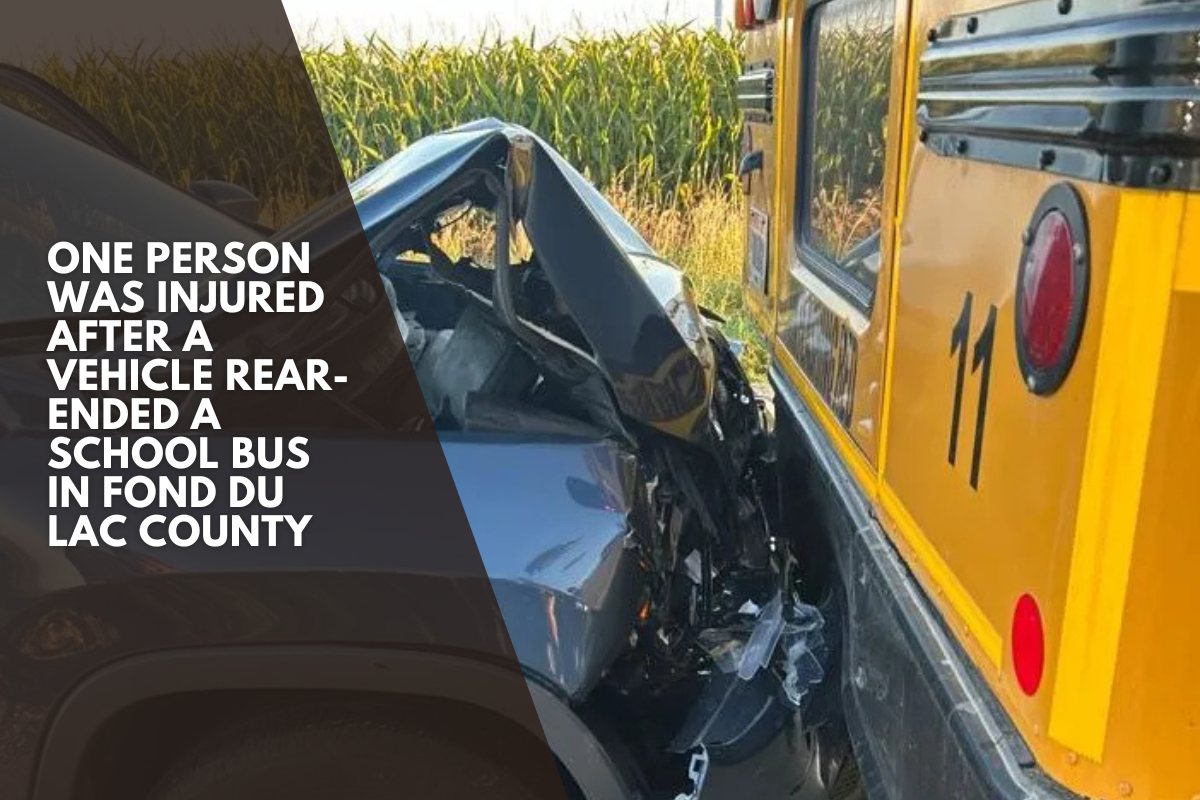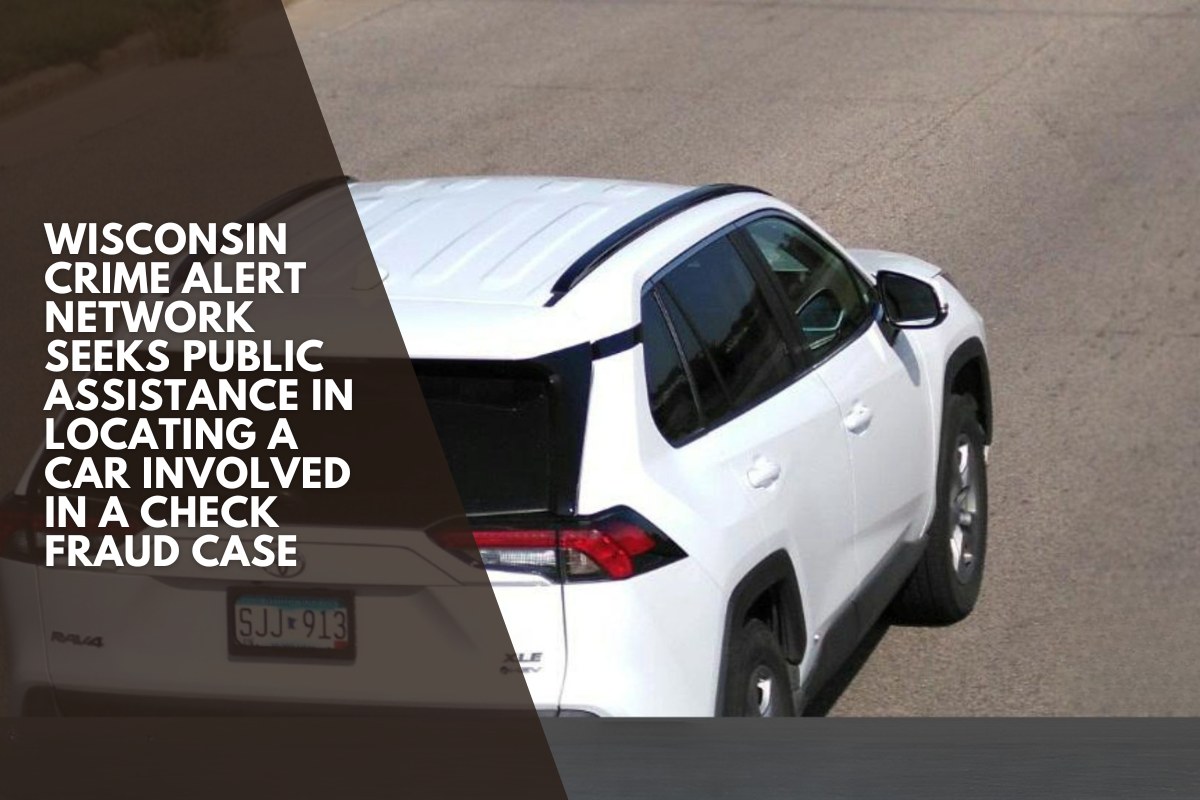MILWAUKEE – If you spent much of the summer looking up at hazy skies and feeling a sense of déjà vu, there’s a good reason. For much of Summer 2025, Canadian wildfires emitted thick plumes of smoke into Wisconsin and the Upper Midwest, echoing the unprecedented wildfire season of 2023.
A new study in the journal Nature confirms how devastating the 2023 fires were. Dr. Qiang Zhang and his team at the University of Michigan discovered that Wisconsin and the broader Midwest experienced some of the most severe air quality declines in the United States, with average fine particle pollution (PM2.5) levels increasing by more than 3 micrograms per cubic meter. That spike alone brought the air closer to levels considered unhealthy by federal standards.
Hundreds of deaths linked to wildfire smoke
The study found that the 2023 wildfires may have caused hundreds of premature deaths in Wisconsin, as well as an increase in asthma attacks, ER visits, and heart-related illnesses. Orange skies, canceled sports practices, and air quality alerts became the backdrop for a forgotten summer.
Now, in 2025, the pattern is repeating, with reports of think smoke in Milwaukee, Madison, and Green Bay. Public health experts warn that as climate change fuels longer and more intense fire seasons, Wisconsin can expect summers like 2023 and 2025 to become the norm rather than the exception.
Global disaster, a local problem
Big picture view: Canadian wildfires caused over 33,000 chronic premature deaths in the United States in 2023. While exact Wisconsin-specific numbers were not calculated, emergency rooms across the state reported increased asthma, COPD, and heart-related visits during the thickest smoke days. Similar reports surfaced during poor air quality events in 2025.
Milwaukee, Madison, Green Bay, and other communities across the state experienced several days when air quality fell into the “Unhealthy” and even “Hazardous” range, which is more commonly associated with smog-choked cities overseas. Many Wisconsinites were forced indoors, summer sports practices were canceled, and festivals took place under eerie orange skies.
Why you should care: Wisconsin’s experience serves as a stark reminder that wildfire smoke does not have to be caused by local wildfires. The Canadian fires were hundreds of miles away, but their impact was profound.
The study warns that as climate change causes larger and more frequent wildfires in Canada’s boreal forests, Wisconsin can expect more summers with thick, hazardous air.
According to public health experts, Wisconsin requires improved smoke forecasting, early warning systems, and clear public guidance to protect vulnerable groups.
The DNR recently launched a new website and interactive map for reporting air quality in our state, as one concrete step toward improving our preparedness. Air filters, clean air shelters, and more effective messaging can all make a difference when the next smoke season arrives.
How you can protect yourself
What you can do:
Here are tips to protect yourself in the future:
Watch the Air Quality Index (AQI). Check daily AQI reports from the Wisconsin DNR, EPA’s AirNow, or here on Fox 6 and Fox local. Anything above 100 means sensitive groups should limit outdoor activity; above 150 means everyone should take precautions.
Limit outdoor time. Avoid strenuous outdoor exercise when smoke levels are high. Schools, sports teams, and event organizers should be ready to adjust schedules.
Create a clean airspace. Use HEPA filters or even DIY box fan filters to keep at least one room in your home clear of smoke. Close windows and doors during smoky periods.
Protect your lungs. If you must be outside, an N95 mask provides far better protection than cloth or surgical masks.
Check on vulnerable neighbors. Older adults, kids, and people with heart or lung conditions are most at risk. Community support can save lives during prolonged smoke events.
